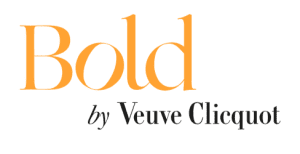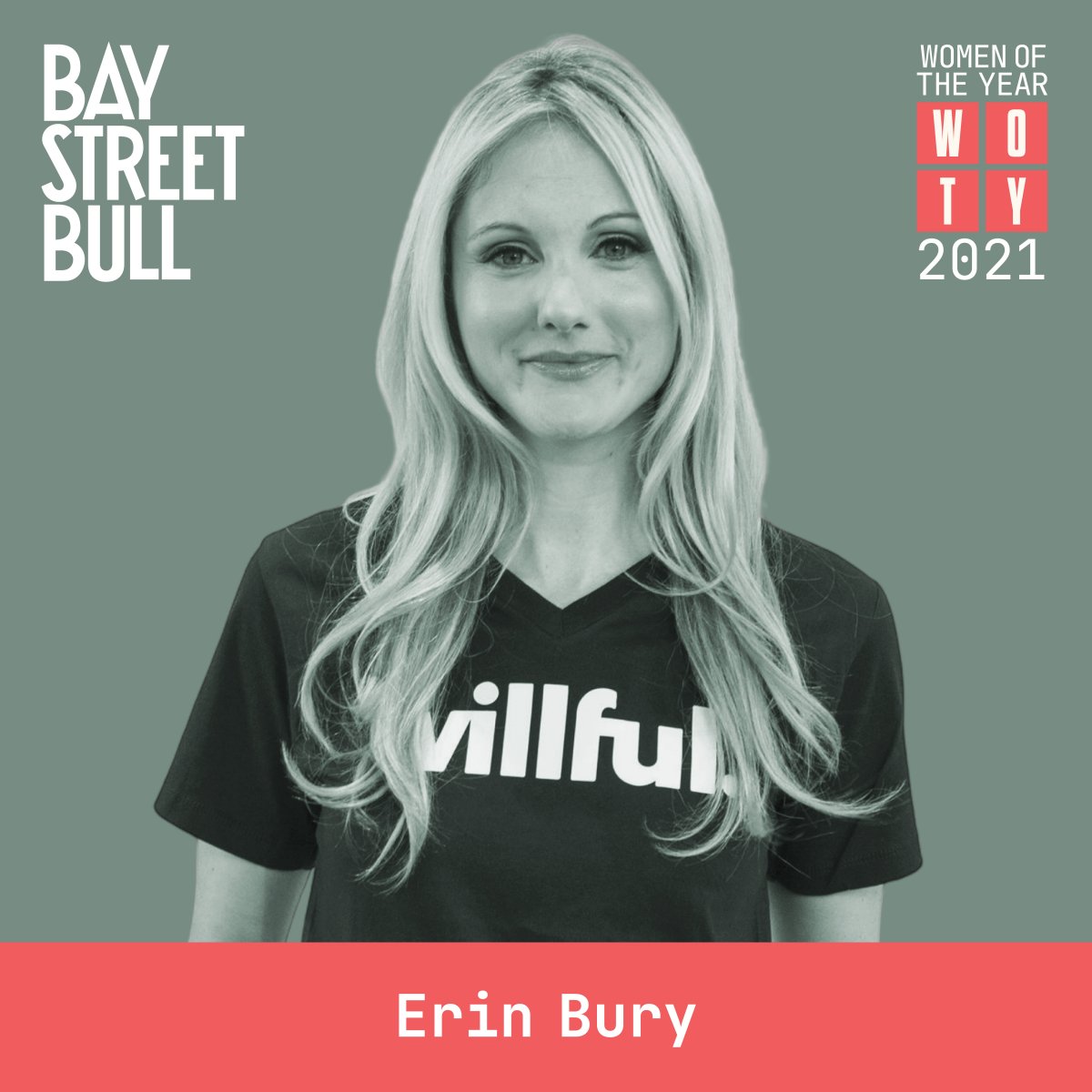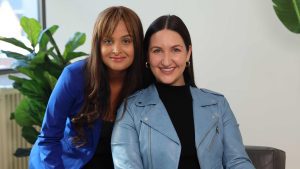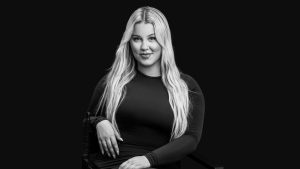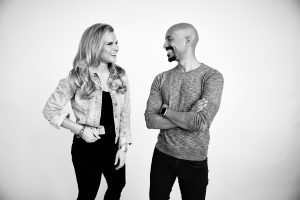From Olympic athletes and tech startup founders to social impact champions and business changemakers, our inaugural 2021 Women of the Year guide features 37 impressive leaders who are making a difference, both individually and as a collective. They’ve all navigated incredible obstacles to get to where they are (often on an uneven playing field) and yet, despite this, have still managed to summit their industries and change Canada—and the world around them—for the better. In our series of one-on-one interviews, get to know each honouree a little better: their values, mission, lessons learned, and the other women that inspire them in their own lives.
[vc_row][vc_column][vc_text_separator title=”Q&A” color=”orange” border_width=”3″][/vc_column][/vc_row][vc_row][vc_column][vc_column_text]
Erin Bury
CEO, Willful
What is your elevator pitch to the world?
Erin Bury: My elevator pitch is to help destigmatize conversations about death, and encourage Canadians to get a will in place.
What excites you most about the work that you are doing?
Erin Bury: I know what you’re thinking, what’s exciting about estate planning? I’m extremely passionate about the space because I saw firsthand what happened when one of our family members passed away without having the important conversations (like burial or cremation? What type of ceremony?) Our family struggled with these decisions and it highlighted the fact that we do pretty much anything to avoid thinking about our own mortality. What excites me the most is that through education, I can influence people to have important conversations and to create important legal documents like a will, which are incredibly helpful to family members when someone passes away.
Where do you think you have made the most impact in your company and community?
Erin Bury: At Willful one of our core values has always been [about] purpose, and I’m most proud of the fact that we’ve influenced over 7,000 gifts to charity in wills, with over $30 million in cash gifts alone committed in Willful wills. I’m also very proud of the fact that we gave out over 5,000 free wills to frontline healthcare workers during COVID-19.
Within the company, I think I’ve made an impact on our company culture. I’ve set a tone of empathetic leadership and of accountability through clear goal-setting. There’s no yelling or screaming at Willful, the archetype of the white male bro founder with a temper isn’t welcome in our culture. I think I’ve proven that you can get results while being a kind person
What kind of problems are you trying to solve?
Erin Bury: The main problem we’re trying to solve is that Canadians are woefully unprepared for death, despite the fact that we’re in the middle of the largest wealth transfer in history. 57 percent of Canadian adults don’t have a will, and that number jumps to 89 percent of people under 34—and without a will, a government formula dictates how our assets are distributed, and the courts have to appoint key roles like an executor or guardian for minor children. And beyond that legal document, most Canadians haven’t planned for their digital legacy, despite the fact that we live online these days. Would you want your social media accounts shut down? How would your family access your crypto? We’re at risk of having assets stuck in the digital ether.
What does progress look like to you?
Erin Bury: My ultimate vision would be that creating a will is mandatory when you turn the age of majority in your province. No Canadian should pass away without a will, so why not make it a key part of becoming an adult? That’s likely a pipe dream but our mission is ultimately to influence as many Canadians as we can to get their end-of-life plans organized. Wills are also a largely paper-based process, so progress to me would also mean that every Canadian province allows for electronic signing and the online storage of wills. This would reduce the barriers to completing a will (who has a printer these days?) while also cutting down on lost wills since it’s pretty easy to lose or destroy a paper document.
What are you doing that no one else is doing?
Erin Bury: We’re leading the charge on digital wills in Canada. On December 1, 2021 British Columbia will become the first province to allow fully digital wills, and we’ll be the first company to offer a pilot program as part of the Law Society of BC’s Innovation Sandbox program.
RELATED: How Tech is Breathing New Life into the Business of Death
Why is your work important?
Erin Bury: Every day, Canadians pass away without a plan, and their family is left scrambling while trying to grieve. I hear stories from customers about how it impacted their lives when a relative passed and left a mess to clean up. Every customer who completes their will on Willful has reduced the burden on their family when they pass.
My work is also important because as entrepreneurs, my husband and I have created over a dozen meaningful jobs and we’ve built a tech company that has attracted media coverage and investment at home and in countries like the US. I’ve worked in Toronto’s startup space since 2008, and I can’t imagine myself ever going back to working for someone else. I’m passionate about inspiring the next generation of entrepreneurs—including my daughter.
Was there ever a turning point in your career that fundamentally changed your business for the better?
Erin Bury: The turning point in my career came very early on when I fell in love with entrepreneurship. I didn’t grow up in an entrepreneurial household, and I’m not sure I even knew what an entrepreneur was. I aspired to work for a Fortune 500 company and eventually get that coveted corner office. I ended up meeting an amazing entrepreneur named Sarah Prevette, who hired me as the second employee at her startup when I was only a year out of school, and that fundamentally changed my career trajectory. Through working at a startup, I fell in love with entrepreneurship and set my sights on launching my own company instead of working for someone else. I often think about where I would be if I hadn’t stumbled into the startup world!
What have you learned about yourself as you’ve built your company?
Erin Bury: I’ve learned that I am my own worst critic. When you’re an entrepreneur you don’t answer to a traditional boss; rather you’re accountable to your shareholders and your board of directors. We have an amazing group of investors and board members who trust me to lead the business—they’re cheerleaders, not critics. But I have extremely high standards for myself, and am constantly pushing myself to work harder, work smarter, and grow the business faster. I’ve had to learn that to be a successful entrepreneur, you can’t burn yourself out by working 24/7. You need space to breathe, to reflect, and to prioritize self-care. I would be lying if I didn’t say I felt guilty every time I spent an evening watching Netflix instead of working on the business.
What has been the most challenging part of building the business?
Erin Bury: Definitely funding. It’s no secret that it’s extremely difficult to raise capital as a first-time entrepreneur in Canada, and even more so as a female-identifying founder. In the early days of Willful we ran the company off our personal credit cards, and we couldn’t get a dollar from a traditional financial institution. We’ve had to get creative through our company’s growth to fund our mission, and at this point we’ve raised every type of funding imaginable—including equity financing from friends and family, angel investors, venture capitalists, and startup accelerators, as well as non-dilutive funding from Clearco and via government grants. I’ve learned so much about the funding landscape in Canada, and I’m extremely passionate about the need for more funding options for early-stage entrepreneurs.
What has been the most rewarding part of building the business?
Erin Bury: Other than being able to help customers check a daunting task off their list, the most rewarding part of the business has definitely been the people on our team. My husband and I run the company together, so I love working alongside him every day. It’s so nice to have a partner who inherently knows every stressor that I bring home from the “office” (aka the desk nook in our home) and who can not only identify but talk through challenges. We’ve also been fortunate to build a tight-knit, incredibly talented team of people who are aligned with the mission. Every time we get on a Zoom call or have an in-person event I’m reminded of how cool it is to be able to say that you built a company that supports the livelihood of over a dozen people.
What questions do you think all leaders should ask themselves before building a company?
Erin Bury: This is a great question because I fundamentally believe that not everyone should be an entrepreneur. It’s a tough life: you’re always on, it’s a constant rollercoaster of ups and downs, and there’s no vacation from the business. It can also be very lonely, especially if you’re a solo founder. I would start by asking how passionate you are about the idea. You have to eat, sleep, and breathe this problem (and your solution) for the next decade, so are you ready to commit to it fully? Then I would ask about what type of business you want to build. Do you want to bootstrap the business and have complete autonomy, or do you want to raise funding and be able to grow faster but with external stakeholder pressure? And finally, who do you want to build the business with? Whether it’s a co-founder or early team member, no company can flourish without a great team so being intentional about the team culture and the type of folks you want to work alongside you is crucial.
What is your mission? The bigger picture?
Erin Bury: Our mission is to ensure every Canadian adult has a will, and the bigger picture is that we want to empower Canadians to put end-of-life plans in place that reduce stress, time, and money for their family when they pass away. As a company, our goal is to become the first consumer brand in Canada that’s synonymous with end-of-life planning.
How do you define success? What does it mean to you?
Erin Bury: I always remember a quote from Oprah about true happiness coming from wanting what you already have, instead of always pining for more. I’m an extremely ambitious, goal-oriented person and I have a lot I want to achieve in my life but ultimately I define success as being happy in the now versus always trying to get to the next milestone to feel fulfilled.
What is one lesson that you hope people will learn or walk away with from your work?
Erin Bury: I hope students and new grads will aspire to work at a startup, or become an entrepreneur themselves. I didn’t have many entrepreneurial role models growing up, so like every other entrepreneur in this guide, I hope to be able to inspire someone else to follow a similar unbeaten path.
If you could go back and give yourself advice, what would it be?
Erin Bury: Read legal agreements carefully, never count the money until it’s in the bank, and you don’t get rich working for someone else.
Who is a woman in the community that you admire?
Erin Bury: Other than my mom and my first entrepreneurial boss Sarah Prevette, I would have to say Fatima Zaidi, the co-founder at Quill. Fatima worked with me at my former agency, and she’s been a family friend for a long time. She’s also an advisor to Willful, and my co-chair on the #Tech4SickKids council. We have weekly phone calls where we work through challenges in our businesses, provide moral support to each other, and just generally act as cheerleaders. Fatima is one of the hardest-working people I’ve ever met.
Presented by